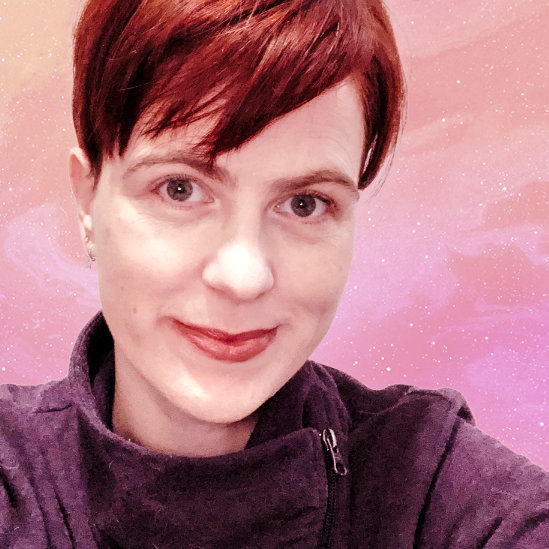Am I sabotaging my relationships? Am I toxic?
When we start asking this question, it’s because we’ve started to become aware of behaviors we engage in that seem to be destroying the thing we consciously want.
This is a tricky time in your healing, because you are starting to see what is going wrong, but you haven’t yet done enough healing to transform the root of the behaviors. It can be easy to go into self-blame, guilt, and shame. But ultimately, that’s not going to help you heal.
When your brain’s self-protective mechanisms kick in, it’s not because you are consciously wanting them to do that. They are triggered behaviors that take over to protect you. You developed those protections for a reason–they helped you survive your childhood environment. And none of us asked to be traumatized or develop insecure attachment styles.
It’s great to develop clarity on how you are contributing to problems in your relationships, because that awareness will help you identify and work on those things. And it’s totally understandable to feel bad about it, but there’s a line between self-responsibility and self-blame, and you want to stay on the self-responsibility side because self-blame can get really toxic and impede your healing.
I don’t love the frame of “self-sabotage” because it makes it sound like you are doing bad behavior on purpose, but you usually aren’t. You want desperately for the relationship to work, but you just aren’t able to show up in a secure way because you have more healing to do, and that’s OK. Self-acceptance is part of healing.
I offer this framing so you can have compassion for yourself and not add guilt and blame on top of the grief and pain you may already be experiencing in your relationships.
When you’re in this stage of healing, here are some tips that might help you:
- Be honest with partners about your trauma and what you struggle with, but don’t use it as an identity or a way to avoid responsibility.
- Don’t promise to stop doing things you don’t know how to stop doing. Change requires healing, and healing is not accomplished through willpower.
- Communicate clearly that knowing about your problems doesn’t mean you can immediately stop them, and that you need patience and understanding as you work on them.
- Encourage others to set boundaries that work for them, even if you struggle to accept them.
- Accept that others may not be able to handle being with you right now, and that’s nobody’s fault.
- Remember that as you heal, you will be more and more able to show up securely, so any problems you have right now are in no way dooming you to be alone.
More questions about Attachment Styles

If my writing has helped you, you can leave a tip at buymeacoffee.com, leave a comment below, learn more about me, or follow me on Instagram.
Also! I’m also looking to start a community of people looking to build authentic connnections & grow together.
Thanks so much for reading! ~Emma